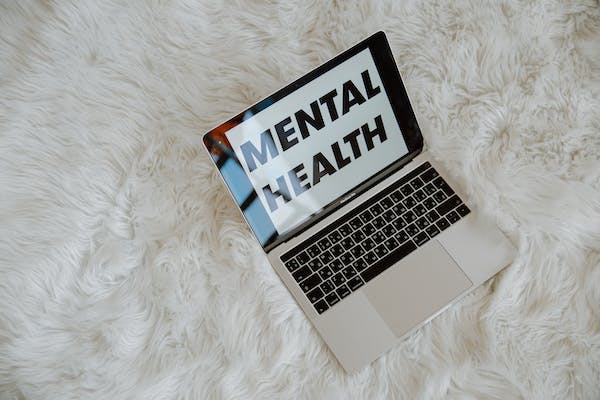Good health is important for our overall wellbeing, but it can be hard to maintain. Life is busy and it can be easy to let things slide. However, with a few simple steps, you can ensure that your health remains strong, and you stay healthy.
 1. Exercise is essential for good health. Aim to get at least thirty minutes of exercise every day. This can be as little as a walk around the block or a full workout at the gym, whatever fits into your routine. Exercise not only helps your physical health, but it can also boost your energy and mental wellbeing.
1. Exercise is essential for good health. Aim to get at least thirty minutes of exercise every day. This can be as little as a walk around the block or a full workout at the gym, whatever fits into your routine. Exercise not only helps your physical health, but it can also boost your energy and mental wellbeing.
2. Eat a balanced diet. This is key to good health. Make sure you are getting all the essential vitamins and minerals that your body needs. Eat plenty of fruits and vegetables, lean proteins, and healthy fats. Avoid processed foods and refined sugars.
3. Get enough sleep. Sleep plays an important role in many aspects of good health. Aim to get at least seven hours of sleep every night. This helps your body to rest, recharge, and function optimally.
4. Drink plenty of water. Water is key for good health. Try to drink at least eight glasses of water each day. This helps to flush toxins from your system and keep your body hydrated.
5. Relax and de-stress. Stress can take a toll on our health if not managed properly. Take time each day to relax and do something calming like reading, taking a bath, or spending time outdoors.
6. Avoid smoking and excessive drinking. Smoking is extremely bad for your health. In addition, drinking more than one or two alcoholic beverages per day can be harmful to your wellbeing.
7. Get regular health check-ups. People of all ages should make sure to visit their doctor at least once a year. This can help detect any potential health issues, catch any diseases early, and provide regular checkups.
By following these simple practices, you can ensure that your health remains strong and you stay healthy. Good health is an essential part of life and with a few easy steps you can keep your body and mind in great shape.












